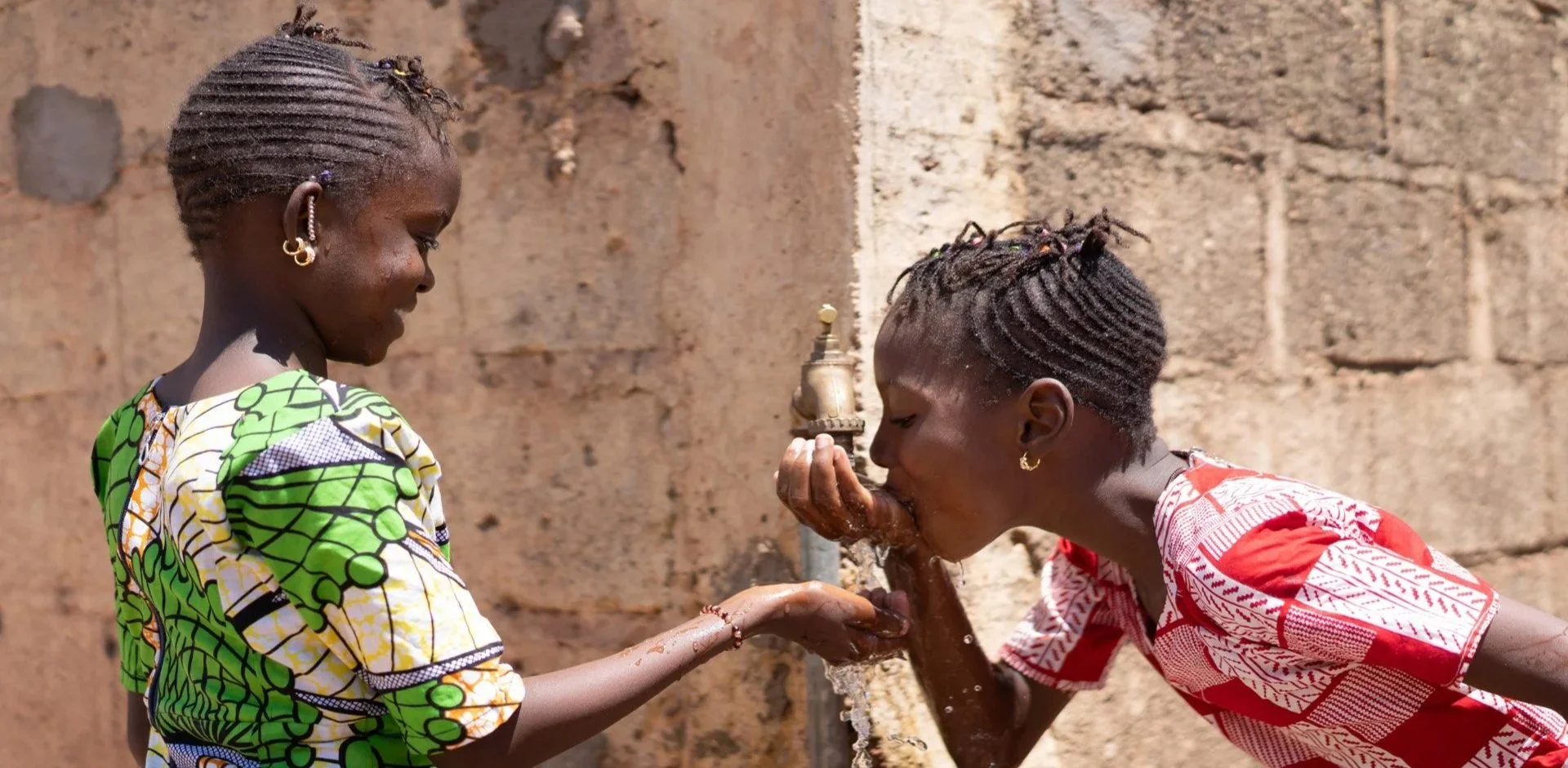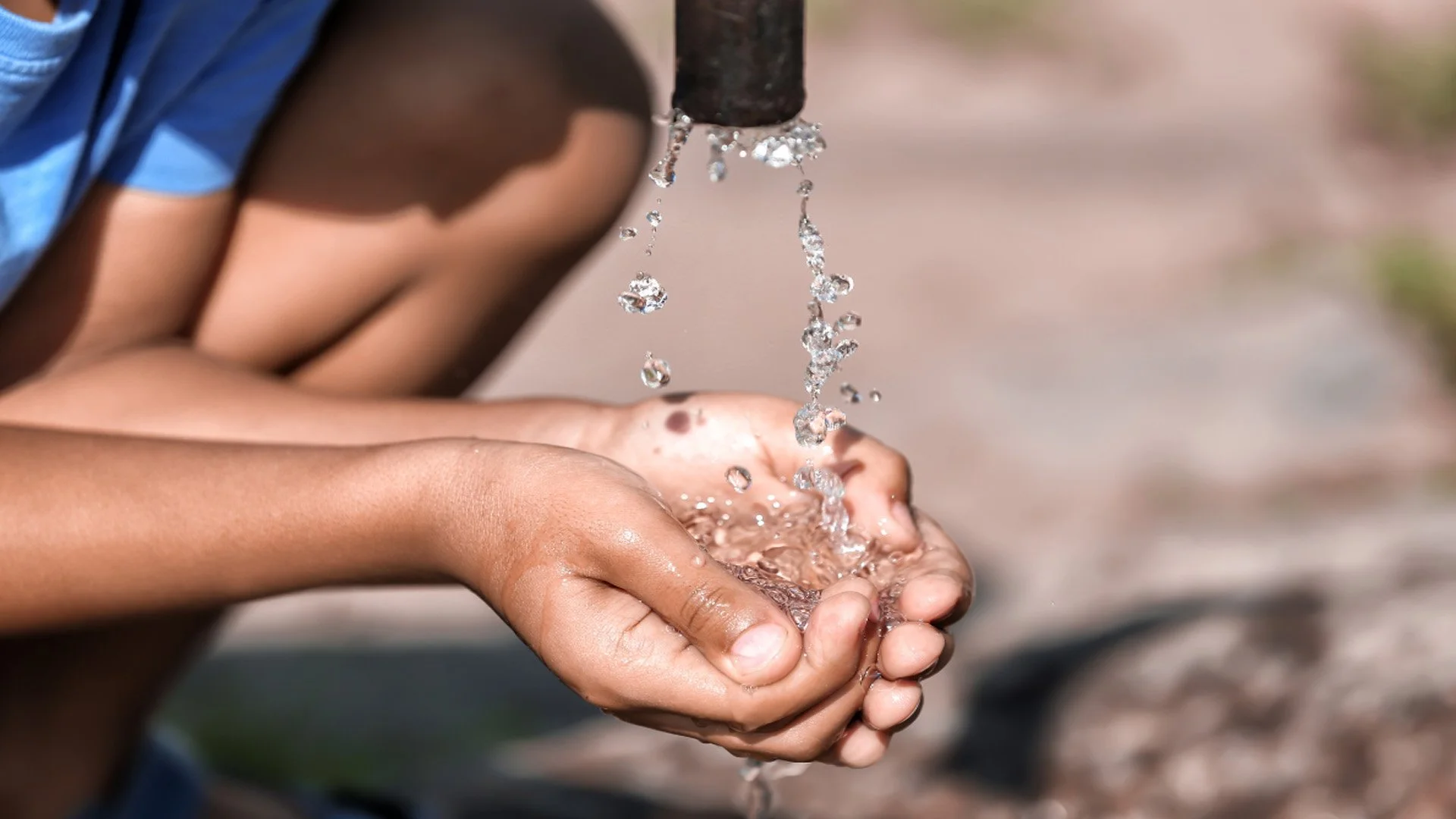
Our Heart
Transform a child’s life and uplift their community!
Access to clean water remains a challenge for families in northern Nigeria. The positive aspect is that a contribution of $50 can assist in constructing wells near schools, which will allow girls and boys to focus on learning instead of spending their day collecting water. Daily access to clean water will improve health, education, economic growth and community wellness.
We began our research and discovered that 70 percent of individuals living in rural Northern Nigeria lack access to clean water. We also learned that many girls are unable to attend school because they must help their mothers collect water each day. This led us to the idea: build wells near schools, allowing the girls (and potentially their brothers) to collect water while also attending classes.
Our Mission: LearnWells provides wells that are strategically placed near schools in northern Nigeria, which allows girls and boys to attend school while obtaining clean water for their families.
Our Vision: LearnWells envisions a day when rural residents of northern Nigeria have access in their villages to clean water and when all, girls and boys, attend school as one step towards establishing a thriving community for all.
The Need
We need water, sir! We need water!
LearnWells story began in 2013 during a leadership summit in Cameroon, where we met a man who served as a chaplain at a large university in Nigeria. Upon returning to America, we maintained our connection with this new friend.
Our conversations blossomed into a profound friendship. Fast forward to 2023 during a coversation he shared about a recent visit to a village in Northern Nigeria, where people chased after him, crying, “We need water, sir! We need water.” At that moment, our hearts broke.
Access to clean water poses a daily struggle for many Nigerians, particularly in northern Nigeria, where 70% of families lack safe drinking water. This issue is compounded by the fact that 96 million people live on less than $1.90 a day, creating a significant challenge for families.
Children under the age of five are 20 times more likely to succumb to illnesses associated with unsafe water. Additionally, women and girls spend a considerable amount of their day fetching water, which greatly affects school enrollment rates.
Access to clean water and improved sanitation facilities is a daily challenge for many Nigerians. This problem is particularly acute in northern Nigeria, where only 30 percent of the population has access to safe drinking water and adequate sanitation. This contributes to high prevalence of waterborne diseases, threatens the livelihoods of smallholder farmers, and contributes to low levels of school enrollment, especially among girls. (from USAID)
Poor access to improved water and sanitation in Nigeria remains a major contributing factor to high morbidity and mortality rates among children under five. The use of contaminated drinking water and poor sanitary conditions result in increased vulnerability to water-borne diseases, including diarrhea which leads to deaths of more than 70,000 children under five annually. (From UNICEF)
Seventy-three per cent of the diarrhea and enteric disease burden is associated with poor access to adequate water, sanitation and hygiene (WASH), and is disproportionately borne by poorer children. Frequent episodes of WASH related ill-health in children, contribute to absenteeism in school, and malnutrition. Only 26.5 per cent of the population use improved drinking water sources and sanitation facilities. Also, 22% of the population defecate in the open. (From UNICEF)

